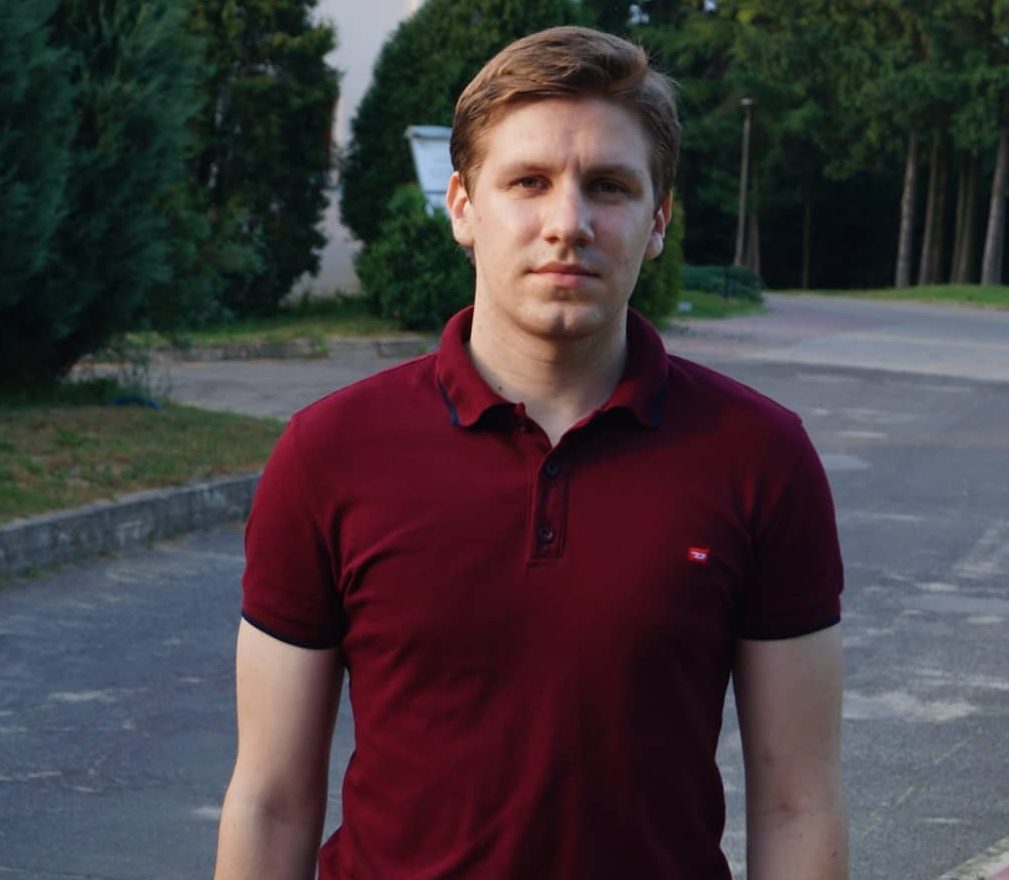
Serhii Humennyi
Taras Shevchenko National University in Kyiv
-
- Research topic:
- Urban Environment of the Borderlands: Impact of the "Zbruch Border" on Urban Life in 1900/1930s
- Period:
- July, November, 2021

Taras Shevchenko National University in Kyiv
Serhii is a post-graduate student at the Department for History of East and Central Europe, History Faculty, Taras Shevchenko National University in Kyiv. There, he studies illegal migration processes at a Polish-Soviet border in the first half of the 20th century. Serhii studied history and psychology at the Universities of Ternopil, Czestochowa, Warsaw, Lublin, and Kyiv. He received several prizes at national student Olympiads in history; he won a scholarship of the President of Ukraine, from the Governments of Ukraine and the Republic of Poland; he conducted grant research projects on illegal migration from the Soviet Union during 1932 /33 Holodomor.
His research on "Urban Environment of the Borderlands: Impact of the "Zbruch Border" on Urban Life in 1900/1930’s" has an objective to explore the urban settings of big and small places over Zbruch river, as far as focus on how their administrative and economic life was impacted by the inter-state border.
During his residency, Serhii will continue his research of the cross-influence of the urban environment and the "Zbruch border" that was a decisive factor for building a certain cultural-linguistic and behavioral peculiarity of borderlands. It was represented by new influential social roles such as a package carrier (smuggler) and a border guard. They were not typical for other provincial urban settings of the “Kingdom of Galicia and Lodomeria” of the early 20th century. The number of such social roles grew with the Soviet monopoly on foreign trade, with expanding collectivization and the “personality cult,” with the establishment of the Polish-Soviet border (ІІ half of the 1920s). It saw illegal extra-economic migrants (refugees) that were fleeing from religious persecutions, political repressions, and starvation (i.e. the 1932/33 Holodomor) on the territory of the USSR. Since the selected perspectives of the research are based on urban settings, the focus will be on bipolar relations of such towns and suburban villages as Pidvolochysk – Volochysk, Tarnoruda; Kalaharivka, Volytsia – Sataniv; Husiatyn – Husiatyn; Zbryzh – Zbryzh, Lantzkorun; Skala above Zbruch, Berezhanka – Volokhy, Pyatnychany, Mala Berezhanka.